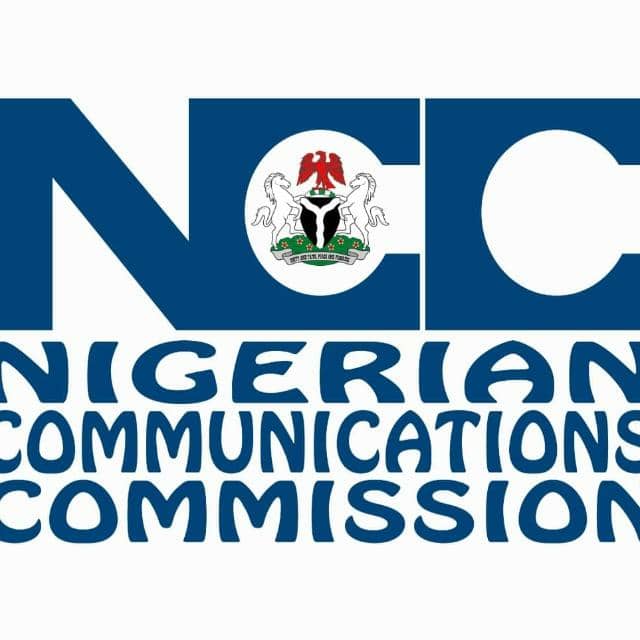
NCC logo
NCC Gives Telecom Tower Operators August Deadline to Fix Network Issues or Face Penalties
The Nigerian Communications Commission (NCC) has issued a stern warning to telecom tower operators, giving them until August 2024 to resolve persistent network quality issues or face regulatory sanctions.
NCC Executive Vice Chairman, Dr. Aminu Maida, gave the ultimatum during a high-level meeting with key industry players in Abuja on Thursday.
Major tower companies, including IHS Towers, American Tower Corporation (ATC), and Pan-African Towers, attended alongside mobile network operators (MNOs) such as MTN, Airtel, and Glo.
The discussions centered on recurring challenges—such as power failures, equipment malfunctions, and insufficient site maintenance—that have contributed to poor internet and call services across Nigeria.
Maida emphasized that tower operators must comply with the NCC’s updated Quality of Service (QoS) framework, which now extends performance obligations to infrastructure providers, not just telecom service providers.
“That’s more than enough time for all parties to align with the performance standards expected of them,” Maida stated, referencing the August 2024 regulatory deadline.
TowerCos own and manage the physical infrastructure—cell towers and related equipment—that enable mobile connectivity. However, frequent network disruptions, dropped calls, and slow data speeds have drawn regulatory scrutiny.
An industry insider at the meeting explained: “When there’s no power, the radios shut down. If the power fluctuates, the radios restart, leading to dropped calls, frozen data sessions, and frustrated customers.”
To ensure compliance, the NCC has introduced a Major Incident Reporting Portal for real-time outage disclosures; developed public performance dashboards to enhance transparency; mandated that TowerCos meet strict Key Performance Indicators (KPIs).
Tower operators have previously cited delayed payments from MNOs as a reason for service lapses, arguing that cash flow issues hinder maintenance and upgrades.
However, the NCC has dismissed this justification, insisting that all parties must meet their obligations.
“Operators must fulfill both their technical and financial responsibilities,” Maida said.
“Poor service delivery—regardless of internal disputes—will attract consequences.”
A breakdown of the services shows that IHS Towers dominates with 16,000–19,000 sites, (62% market share); American Tower Corp (ATC) runs about 8,270 towers; Pan-African Towers manages 760–1,000 sites, primarily in Nigeria.
With these firms controlling Nigeria’s telecom infrastructure, the NCC’s August deadline raises the pressure for rapid improvements. Failure to act could result in fines or stricter regulatory actions, impacting millions of users reliant on stable connectivity.
In consequence of the deadline, telecom operators and TowerCos now have less than two months to address infrastructure deficiencies or risk penalties.
The NCC’s move signals a tougher stance on service quality, aiming to ensure reliable connectivity for Nigerian consumers.
